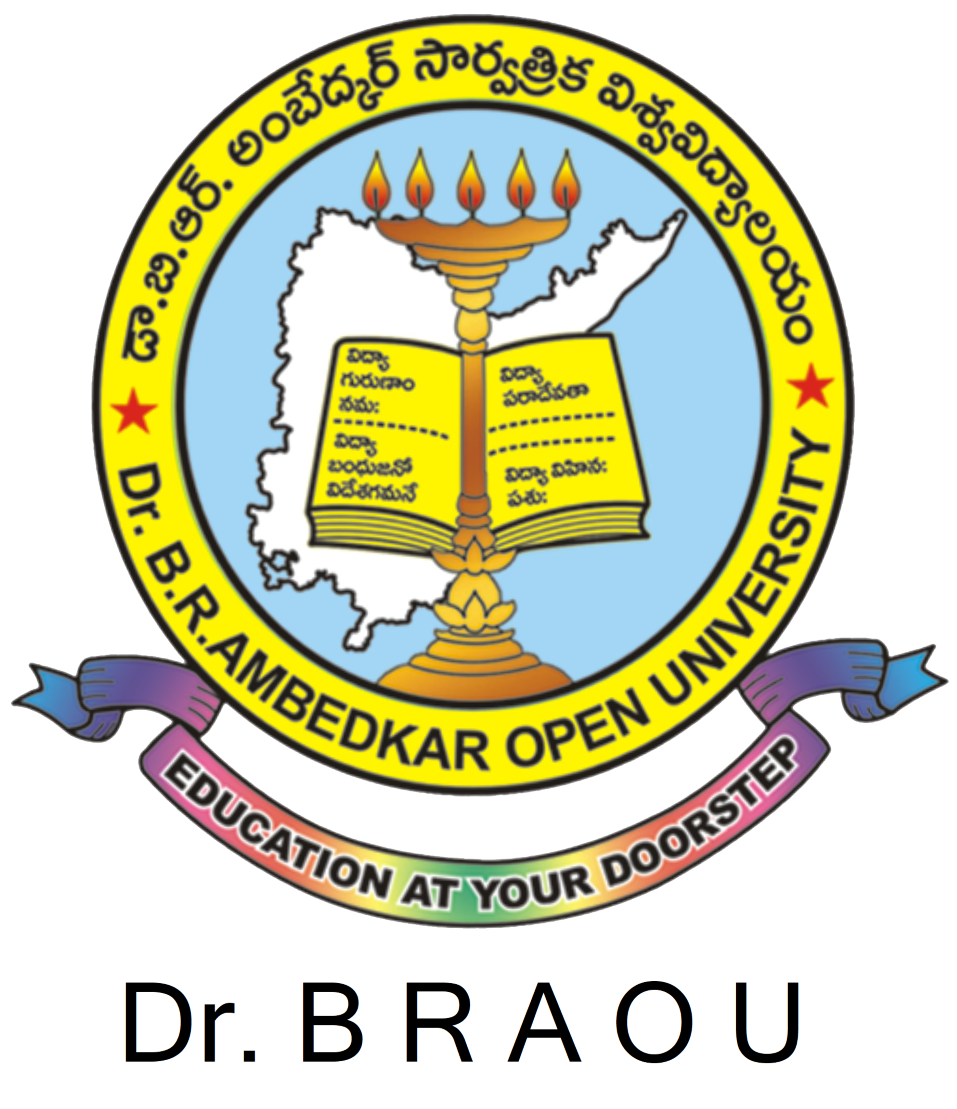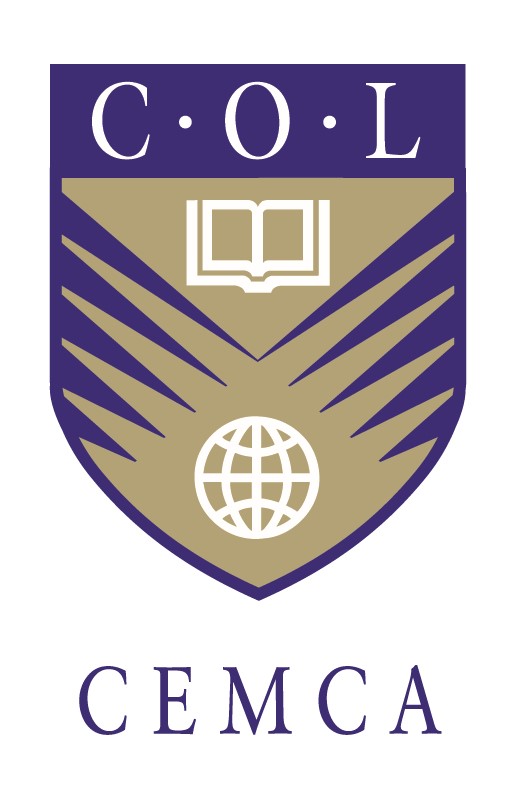Day1
Technical Session 1: The current status of OER in the OUs
This session will provide an overview of the current status of Open Educational Resources (OER) practices within Open Universities (OUs) and other institutions. The various aspects that will be covered are institutional policies, capacity-building initiatives, investment in infrastructure, course development efforts, and the establishment of institutional repositories for OER. Each OU representative will present and highlight the current OER practices in their institutions along with their plans to further enhance their OER practices.
Session Objective: To assess and share the progress made by OUs in implementing OER practices and build awareness about various initiatives undertaken by OUs to promote OER
Session Outcome: Participants will be able to gain insights into the current status of OER practices within OUs, including policy frameworks, capacity building efforts, infrastructure investments, course development activities, and repository establishment
Technical Session 2: OER Policy at OUs
This is a hands-on workshop where the participants will engage in policy writing using CEMCA’s OER policy template. The session aims to evaluate the existing OER policies and foster collaboration among OUs to articulate and refine institutional-level OER policies. Through this collaborative process, the session aims to empower OUs to take ownership of their OER initiatives and establish a dialogue for cooperation among OUs to further advance OER practices and policies.
Session Objective: To encourage interaction and collaboration among OUs to develop OER policies tailored to their institutional needs.
Session Outcome: Participants will be able to develop a draft OER policy for their institution, utilizing CEMCA’s OER policy template as a framework
Technical Session 3: OER capacity development at OUs
This session focuses on institutional planning for OER and facilitates a thorough examination of current capabilities at OUs. This session will examine the internal strengths and weaknesses, as well as external opportunities and threats, related to fostering faculty engagement in OER initiatives and providing professional development opportunities. The officials of OUs shall examine their current capabilities and develop a plan for continuous professional development in OER in their respective institutions.
Session Objective: To gain insights into the current state of OER capacity development and identify strategic areas for improvement
Session Outcome: Participants will be able to identify the specific needs of faculty for capacity building in OER at each OU and develop a plan for continuous professional development in OER practices within each institution
Technical Session 4: The Scope of OER in skill-based programs
This session focuses on exploring the scope of OER in skill-based programs within OUs. The participants will interact and share the current status of skill-oriented courses offered at their institutions, providing insights into the integration of OER in skill development initiatives.
Session Objective: To re-imagine the critical role played by OER in skill-based programmes
Session Outcome: Participants will be able to appreciate the need for developing OER-based skill courses to address the evolving needs of learners and industries
Day 2
Technical Session 5: OER-led course development and Micro-credentials: Tools, Methods, and Techniques
This session will lead the participants towards OER-led course development and discuss micro-credential innovations, highlighting tools, methods, and techniques for creating skill-oriented courses. after a brief presentation by CEMCA’s expert, the universities that have produced micro-credentials will discuss their innovations at length, especially by elaborating on the use of various tools, methods, and techniques in developing their courses that integrate OER.
Session Objective: To equip participants with the knowledge and skills required for creating OER-based regular courses and micro-credential courses
Session Outcome: Participants will gain an overview of OER repositories, and publishing platforms, that facilitate discovery, adoption, adaptation and implementation of OER-based Courses and micro-credential courses.
Technical Session 6: OER resource Sharing in Multiple Languages
This session is dedicated to showcasing the AI-based tools developed by the Bhashini Division of MEITy, aimed at supporting the OU OER movement. This session will focus on tools designed for resource sharing, translation, and transliteration of content into Indian vernacular languages. Mr. Ajay Singh Rajawat, BHASHINI Division, will deliver a 15-minute presentation highlighting these tools and their potential applications in the OU OER movement, followed by a Q&A session.
Session Objective: To introduce the AI-based tools developed by MEITy’s Bhashini Division and showcase the functionality and capabilities of these tools in supporting the OU OER movement
Session Outcome: Participants will gain insights into innovative solutions for enhancing OER accessibility and inclusivity, particularly in the context of translation into multiple languages
Technical Session 7: OER repositories: Training and establishment plan
This session focuses on OER repositories, training, and establishment plans. Prof. ARD Prasad will provide insights into the tools and technologies for creating institutional repositories, with a particular emphasis on interoperability among Open Universities’ (OU) DSpace repositories. The session aims to examine interoperability issues and identify factors related to resource sharing and accessibility. Participants will have the opportunity to engage in discussions aimed at enhancing their understanding of OER repository establishment and interoperability.
Session Objective: Examining interoperability amongst OU DSpace repositories
Session Outcome: Participants will be able to identify factors related to resource sharing as well as other accessibility factors
Technical Session 8: Work Plan of Participating Universities/Institutions
In this technical session, facilitated by the CEMCA team, representatives from each university or institution will develop their work plan for the year 2024-25. The work plan will encompass various aspects of Open Educational Resources (OER) implementation, guided by a work plan format provided by CEMCA. Key components of the work plan will include OER policy development or review, OER capacity development plan, OER-based course development plan, and establishment of an institutional repository.
Session Objective: To assist participating universities and institutions in developing a comprehensive work plan for the year 2024-25 regarding OER implementation
Session Outcome: Each participating university or institution will have developed a detailed OER Plan for OER implementation for 2024-25
Session 9: Presentation by individual Open Universities
In this session, officials from each Open University (OU) will have the opportunity to present their respective work plans for the year 2024-25 regarding Open Educational Resources (OER) implementation. Each presentation will be limited to five minutes, allowing for concise yet informative overviews of the planned activities and strategies.
Session Objective: The objective of this session is to provide a platform for officials from OUs to share their OER work plans for 2024-25.
Session Outcome: Participants will gain insights into the specific initiatives, strategies, best practices, and timelines outlined by each OU for advancing OER policies, capacity development, course development, and repository establishment.
Technical Session 10: Finalising the presentation for OU VCs Roundtable
In this session, OU officials will collaborate to produce a concise PowerPoint presentation deck. This deck will be presented at the Vice-Chancellors (VCs) Roundtable the following day, highlighting the recommendations and key insights gathered throughout the conference.
Session Objective: To foster dialogue and collaboration among OUs in OER-based course development, interoperable repositories, single search facilities, peer review mechanisms, allowing for knowledge sharing and opportunities for partnership
Session Outcome: Participants develop a joint presentation that effectively communicates the recommendations and insights gathered from the conference to the OU Vice-Chancellors and provide a prelude for Vice Chancellors Round Table the following day.

